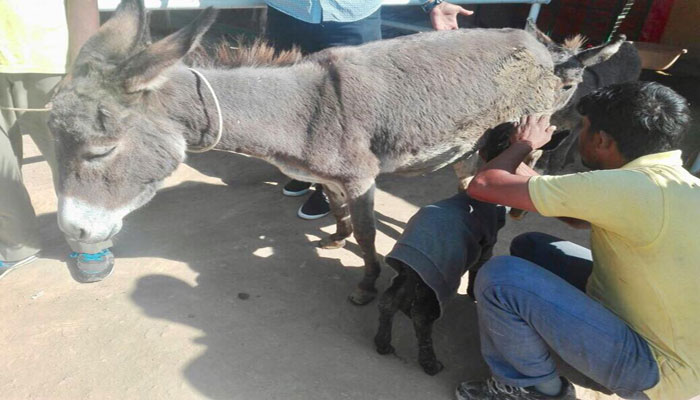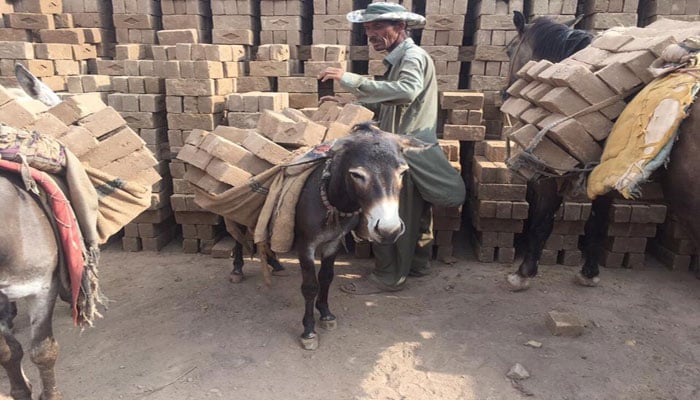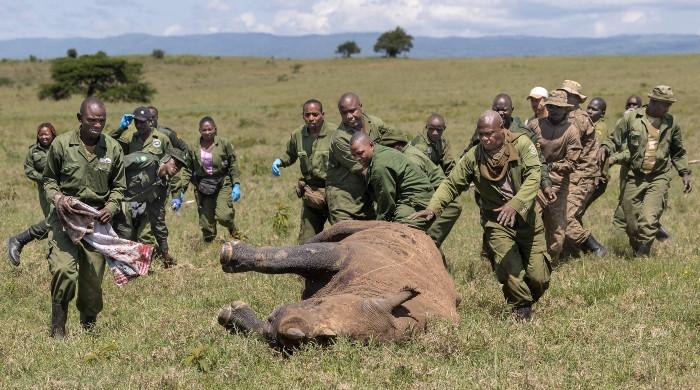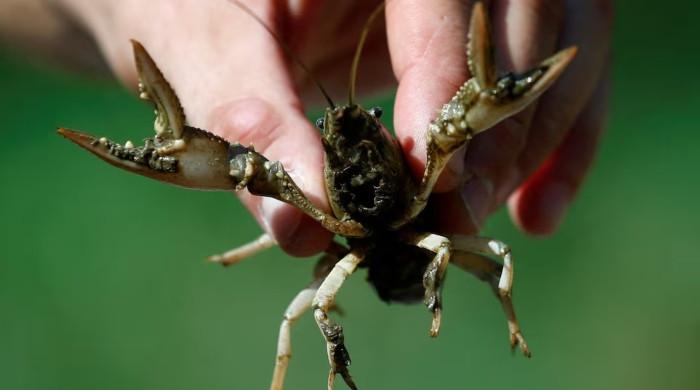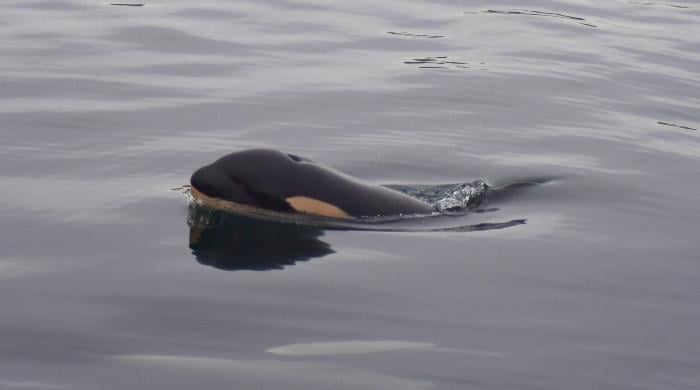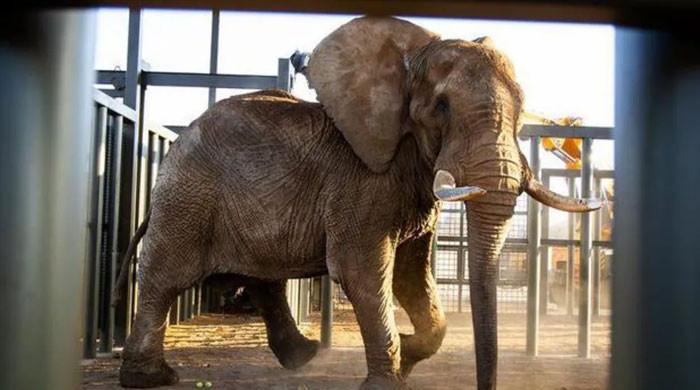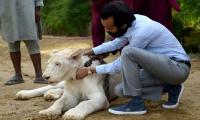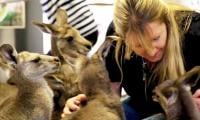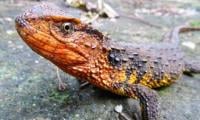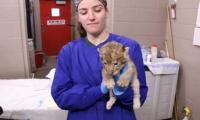ACF Creates Donkey-Friendly Harnesses
In rural as well as urban parts of Pakistan, seeing animal-drawn carts or carriages is a common sight. They are extensively used for ploughing on farms and for carrying weight ten times their own. They are intensely beaten, malnourished and are intentionally put through as much agony as possible because there is an incorrect myth that the more you torture a donkey, the harder it will work. You will also find sharp nails and objects stuck inside the hoofs of donkeys and
How many times have you passed by a donkey or a horse with watery eyes standing as a proof of a soul beaten to death and unable to explain or mouth a pain that we humans have shamelessly thrown their way?
In rural as well as urban parts of Pakistan, seeing animal-drawn carts or carriages is a common sight. They are extensively used for ploughing on farms and for carrying weight ten times their own. They are intensely beaten, malnourished and are intentionally put through as much agony as possible because there is an incorrect myth that the more you torture a donkey, the harder it will work. You will also find sharp nails and objects stuck inside the hoofs of donkeys and yet they’re made to walk miles in excruciating pain that goes unnoticed.
The harnesses that are currently being manufactured are produced from inexpensive and unreliable materials which also contain nails in the mouth of the donkey as well as the back. A harness, in its most basic definition is a set of straps that is attached to an animal’s body and is fastened by a cart controlled by the driver. The agonizing harnesses create wounds through friction and damage the necks of donkeys.
However, Ayesha Chundrigar Foundation (ACF) has designed a donkey-friendly harness taking into consideration the donkey’s needs. The mouthpiece for the donkeys is called a bit which usually made of a thick metal that disables the donkey from completely closing its mouth which leaves it in an uncomfortable and painful position. This humane harness not only protects and cushions the body of the donkey but ACF has created a bit that allows the donkey to close its mouth and protects both sides of the mouth to keep the gums safe as well.
ACF has also initiated a training program to enlighten donkey-owners of all the benign ways they can voluntarily make their donkeys work as well as to make them empathize with the pain that they go through.
In a country where animal abuse remains an untouched subject and throwing rocks at stray animals is seen as a fun and harmless activity for neighborhood children, striving to work for this marginalized group is something commendable. And the least we can do to eliminate this injustice is support these very few organizations in whichever way we can.
-
Virgin birth in crocodile reported in Costa Rica zoo
-
Big cats of Instagram: Pakistani elite's love of exotic wildlife
-
Australian couple raising 17 kangaroos
-
Big cats in evolutionary arms race with prey: study
-
Lizard, turtle among more than 100 new species found in Mekong region
-
Baby panda makes press debut at Japan zoo
-
Panda enjoys snowfall
-
Lion cubs receive first physical check up
